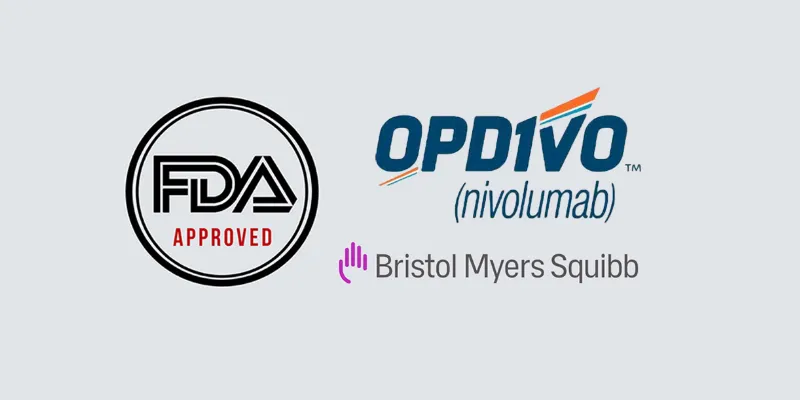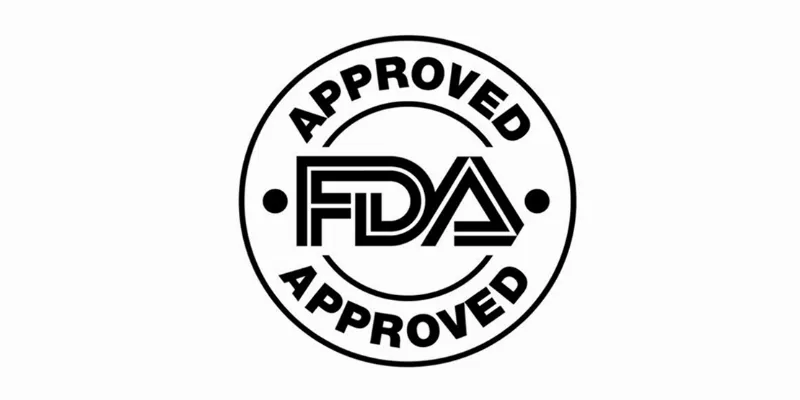A New Phase in Bladder Cancer Treatment: Nivolumab Combination Wins FDA Approval

7 March 2024
The FDA has approved Opdivo® (nivolumab) combined with cisplatin and gemcitabine for first-line treatment of unresectable or metastatic bladder cancer. Based on the CheckMate -901 trial, this regimen significantly improves overall and progression-free survival, offering a new hope for patients.
Bristol Myers Squibb announced that the U.S. Food and Drug Administration (FDA) has approved Opdivo in combination with cisplatin and gemcitabine as the first-line treatment for unresectable or metastatic urothelial carcinoma, the most common form of bladder cancer. This approval, part of Project Orbis, highlights a major advancement in bladder cancer treatment through immunotherapy-chemotherapy combinations and brings a new therapeutic option to patients.
The FDA's decision is based on the outcomes of the Phase 3 CheckMate -901 trial, a landmark study involving 608 participants. This randomized, open-label trial compared the efficacy of nivolumab combined with cisplatin and gemcitabine, followed by nivolumab as a monotherapy, against the standard cisplatin and gemcitabine treatment. The trial's primary focus was on the overall survival (OS) and progression-free survival (PFS) of patients, assessed by Blinded Independent Central Review (BICR) using RECIST v1.1 criteria.
“This approval marks an important advancement in a historically difficult-to-treat setting, where there has been a need for new and differentiated first-line approaches that may offer patients a chance to live longer,” said Dr. Guru P. Sonpavde, Medical Director of Genitourinary Oncology at the AdventHealth Cancer Institute.
Promising Outcomes and Patient Benefits
The CheckMate -901 trial demonstrated statistically significant improvements in both OS and PFS for patients treated with the nivolumab combination therapy compared to those who received cisplatin and gemcitabine alone. Specifically, the median OS reached 21.7 months for the nivolumab group, surpassing the 18.9 months in the control group. Similarly, median PFS for the nivolumab combination was 7.9 months, compared to 7.6 months for the standard treatment.

These results signify a 22% reduction in the risk of death and a 28% decrease in the risk of disease progression or death, showcasing the potent efficacy of adding nivolumab to the treatment regimen. The treatment also resulted in higher objective response rates, further underscoring its potential to change the treatment landscape for patients battling this aggressive cancer.
Safety and Adverse Reactions
While the nivolumab combination therapy offers hope, it is not without side effects. The most common adverse reactions observed were nausea, fatigue, musculoskeletal pain, and constipation, among others. It underscores the importance of patient monitoring and management of side effects to ensure the best possible outcomes.
This FDA approval was part of Project Orbis, an initiative by the FDA Oncology Center of Excellence, aimed at accelerating the review process for promising cancer treatments through international collaboration. This review was conducted concurrently with regulatory agencies from Australia, Brazil, Canada, and Switzerland, highlighting a global commitment to advancing cancer treatment.
The approval of nivolumab represents a significant step forward in the fight against urothelial carcinoma. It not only offers new hope for patients with this challenging disease but also exemplifies the progress being made in oncology through the integration of immunotherapy with traditional chemotherapy approaches.
Treatment Protocol
For the approved indication, the recommended dose of nivolumab is 360 mg every three weeks, in combination with cisplatin and gemcitabine, for up to six cycles. This is followed by nivolumab monotherapy at a dose of 240 mg every two weeks or 480 mg every four weeks, depending on the patient's response and tolerability. This treatment can continue until disease progression, unacceptable toxicity, or for a maximum of two years.











Comments
No Comments Yet!